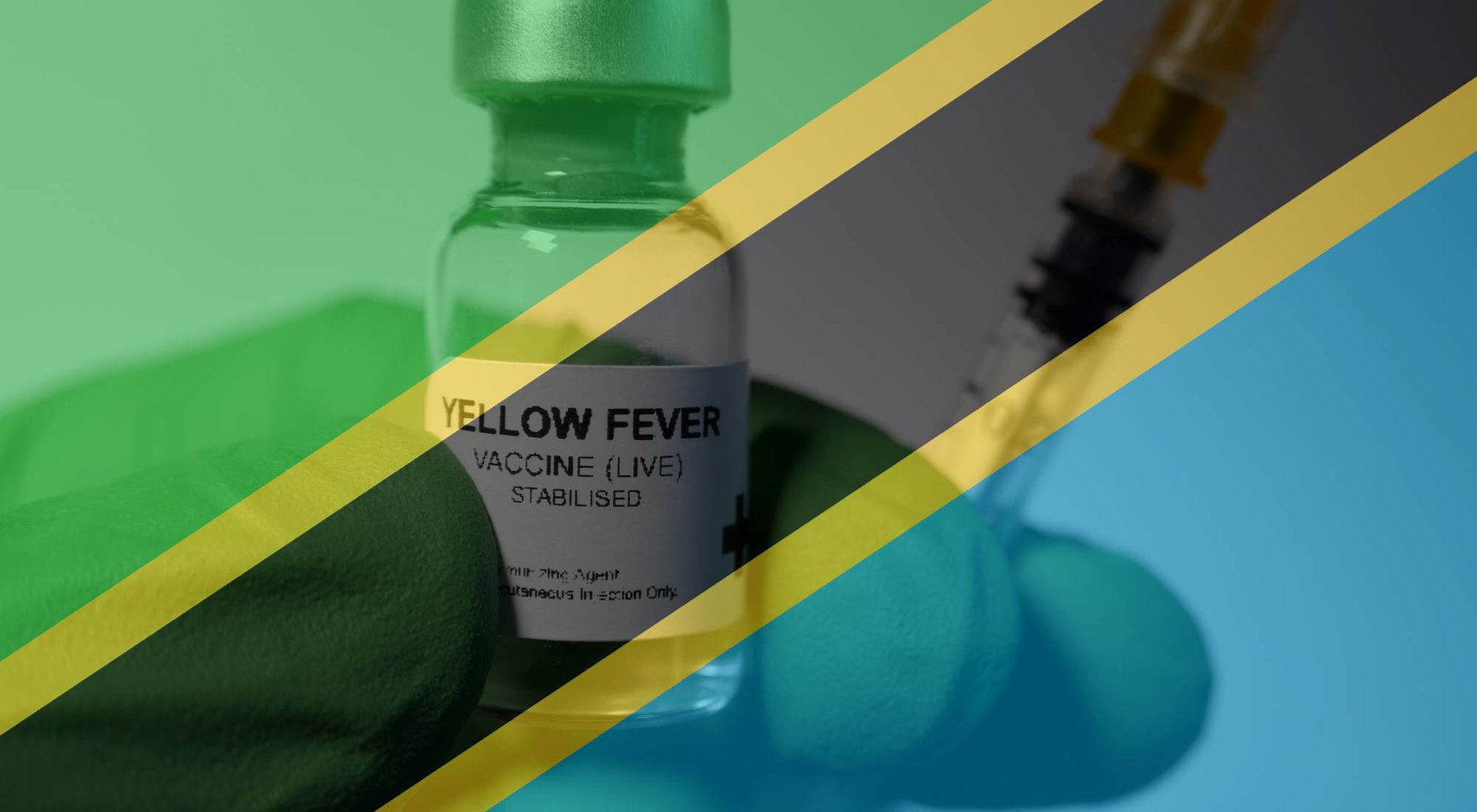
Tanzania Yellow Fever Requirements, Malaria & Other Health/Vaccines Information
Tanzania yellow fever requirements can sometimes seem confusing, but we’re here to help! As a yellow fever-free country, Tanzania is safe to travel when it comes to steering clear of this virus. On this page, we answer all your questions on the yellow fever virus and whether a yellow fever vaccine is required for Tanzania.
Do I need a yellow fever vaccination for Tanzania?
Great news: for the vast majority of travelers to this beautiful country, you do not need this vaccine! According to the World Health Organization’s classification, Tanzania currently poses a low risk of yellow fever. If you reside in a country with no risk of yellow fever, then you do not need the yellow fever vaccine as part of your necessary travel vaccinations.
What is yellow fever?
Yellow fever is a viral disease spread through mosquito bites. Symptoms of yellow fever typically take 3 to 6 days to develop and can include fever, chills, headache and muscle aches. Yellow Fever is serious, with around 15% of people who get yellow fever develop a serious or life-threatening illness.
As Tanzania is safe from yellow fever, if you are directly traveling from Europe or the United States, there are no yellow fever vaccine requirements.
Tanzania yellow fever requirements
Proof of yellow fever vaccination is only required upon arrival if you are traveling from a country with a risk of the virus. This list currently does not include any country in Europe and the United States.
An important note, however. If you’re transiting through one of the yellow fever high-risk countries for a period of 12 hours or more, you will be required to receive the yellow fever vaccination. If this is the case on your trip to Tanzania, we strongly advise seeing your doctor and checking your Tanzania vaccination requirements with a healthcare professional before traveling.
Receiving the yellow fever vaccination
The yellow fever vaccination is given as a single dose and should be administered at least 10 days before entering a high-risk yellow fever country. A single dose is capable of providing life protection against the yellow fever virus so make sure you receive proof of vaccination from your doctor or health professional. If you are required to receive a yellow fever vaccine before traveling, you will also need to show your proof of vaccination upon arrival in Tanzania.
Should your doctor recommend against the vaccine due to underlying health issues or other health-related factors, you can still travel to Tanzania with an official letter from the doctor. Showing it to the immigration officer upon arrival would waive the requirement, and your trip will go on as planned.
For more information on requirements for yellow fever vaccinations when traveling in Tanzania, gett in touch with the team at Tanzania Specialist.
Malaria>>
Malaria is a serious and sometimes fatal disease transmitted by mosquitoes. You cannot be vaccinated against malaria.
Malaria precautions
Malaria risk is high throughout the year in all areas below 1800m.
Malaria precautions are essential Avoid mosquito bites by covering up with clothing such as long sleeves and long trousers especially after sunset, using insect repellents on exposed skin and, when necessary, sleeping under a mosquito net.
Check with your doctor or nurse about suitable antimalarial tablets.
See malaria map – additional information can be found by clicking on the Regional Information icon below the map.
High risk areas: atovaquone/proguanil OR doxycycline OR mefloquine is usually advised.
If you have been traveling in a malarious area and develop a fever seek medical attention promptly. Remember malaria can develop even up to one year after exposure.
If traveling to an area remote from medical facilities, carrying standby emergency treatment for malaria may be considered.
Other Health Risks>>
Altitude and Travel
This country has either areas with high altitude (2400m or more) or/and areas with very high altitude (3658m or more). Travelers who may go into areas of high altitude should take care to avoid ill effects of being at altitude including Acute Mountain Sickness, a potentially life-threatening condition. For further information see Altitude and Travel.
Dengue Fever
A severe flu-like illness that is spread to humans by mosquito bites. The mosquito that spreads dengue bites during the day, from dawn until dusk. Symptoms of dengue include a sudden onset of fever, headache, severe joint, bone and muscle pains - hence its other name 'break bone fever'. You can protect yourself from dengue by avoiding mosquito bites at all times of the day. A dengue vaccine is available in the UK but is only recommended for some travelers that have been infected with dengue in the past. For further information see Dengue Fever.
Schistosomiasis
A parasitic infection (also known as bilharzia) that is transmitted to humans through contact with fresh water. The parasite enters humans through the skin and prevention is dependent on avoidance of swimming, bathing or paddling in fresh water lakes and streams. For further information see Schistosomiasis.

Offices/Locations
Visit Us at Bustani Ally - Along Kilimanjaro Road, Shanty Town, Moshi Tanzania | In Arusha Town - We're Located Behind the Themi Suits Hotel, Njiro Road. | In Dar Es Salaam we're located at Kwa Mrema, Bonyokwa Road - Kimara Mwisho.
CONTACT US
MONTHLY NEWsLETTER
info@zimbaextreme.com
+255753286388
© 2025. All rights reserved.
